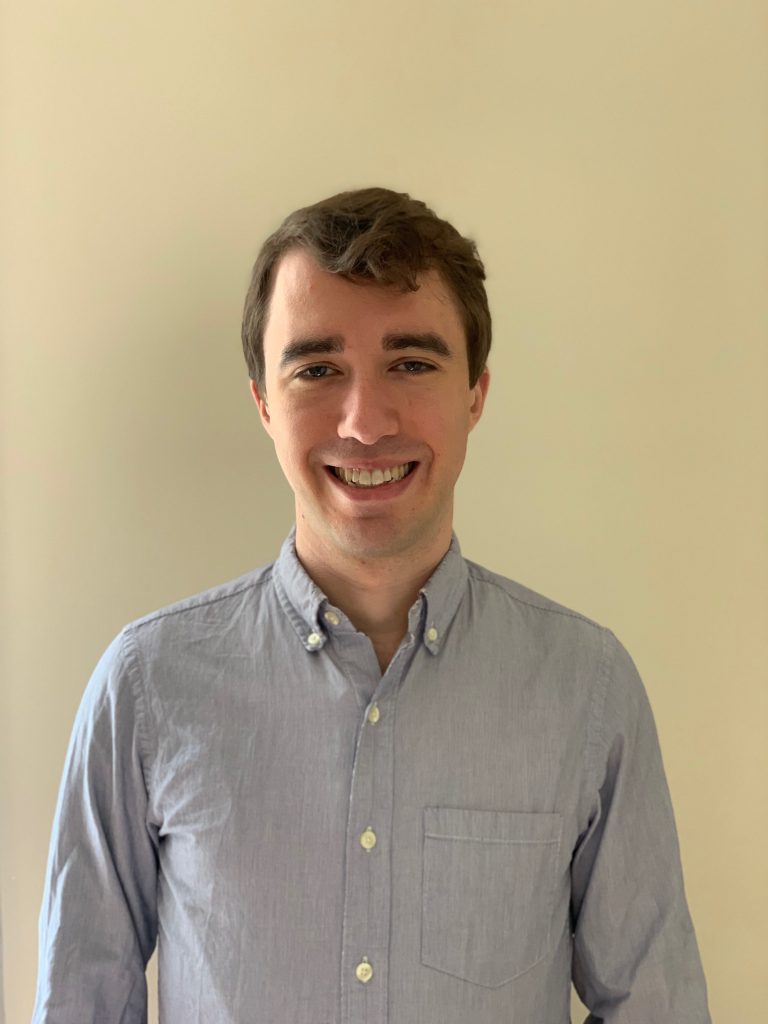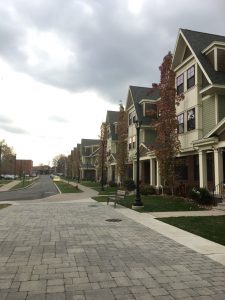Olivia Papp ’23
Features Editor
On October 27th, 2021, the Austin Arts Center hosted the conversation, How to Abolish Prisons: Lessons from the Movement Against Imprisonment. This event was a talk between activist Rachel Herzing and Trinity‘s American Studies new hire: Professor Jordan Camp. This was the second lecture to take place in the Social Justice Initiative founded by Trinity Professors Christina Heatherton and Jordan Camp. Herzing is a co-founder of the organization called Critical Resistance which is a national grassroots organization created with the intent to abolish the prison industrial complex. Critical resistance is an organization hoping to build an international movement to end the Prison Industrial Complex once and for all. This organization upholds the belief that prisons do not make communities safe. Rather, fundamental necessities, such as food, shelter, and freedom, are what make communities safe. Aside from the great work that Herzing has done with Critical Resistance, she is also widely known as a grant maker and researcher who works on projects ranging from community-based interventions to violence. Once the Critical Resistance organization became national, Herzing moved out to California to help with the west coast Critical Resistance branch. Herzing is also an author whose writing is focused primarily on anthologies, academic journals, and magazines. As is seen by her eye-opening lecture at Trinity, Herzing is a practiced speaker. During her talk at Trinity, Herzing ultimately focused her words on topics relating to the systemic issues surrounding the United States prison industrial complex.
To begin the conversation, Herzing spoke about the way in which she had been surveilled all her life, particularly due to her skin color. She found herself becoming a very angry person because of this and noted that she was lucky when she got to college and was able to find a great group of mentors and peers who helped her understand social movements better and help her think more critically about the world.
Herzing remarked that she had been following through with the idea of abolishing prisons by running an education program for people in New York State who had recently come home from prisons in the United States. Herzing then referred to the United States Prison Industrial Complex as a machine. With this metaphor, Herzing then said her goal was to begin taking this well-run, refined machine apart piece by piece.
A line that Herzing used frequently during her conversation with Camp was: “policing and prisons are about social control, not public safety.” Reflecting on this powerful statement, Herzing was trying to remind the audience of the true purpose of the prison system. At the end of the day, the real reason why surveillance of the population plays such a substantial role in everyday life is due to the fact that society needs to be in order so that there is relatively low social deviance.
Herzing continued with this idea of social surveillance and policing, as she pointed out to the audience that as the years have gone on, the police have become more and more violent and repressive. The brutal death of George Floyd is an example of a recent escalation in levels of violence seen in recent years. Thinking about this concept of surveillance and repression, Herzing told the audience that the United States does, in fact, exploit blueprints of prisons and police tactics as well as the apparatus of how we understand the prison industrial complex. Herzing shared with the crowd that the United States is an exemplar to the world in social control. Other countries look up to the United States prison industrial complex, particularly the geography of prisons and how they have been established.
When Camp asked about the role policing has played over the years, Herzing said that at this point parents are begging the police to shoot their kids. “The role of policing the state has empowered cops to do what they want to do. Now, we are seeing uprisings like Ferguson and Floyd. We are seeing rebellions. Since these rebellions, policing has become the thing,” Herzing said. However, Herzing still remains hopeful because the work we do now is what will make the vision for a safe society rid of prisons and extreme surveillance possible.
Herzing next talked about race in context with the prison industrial complex. “Black people have to fight to live and must fight for civil liberation. In order to fight, you must understand the terrain of the fight. You must understand who you’re fighting against and why you’re fighting,” remarked Herzing. The policing and prison system in the United States has historically targeted minorities. At this point, the only way to fight against this form of racism is to begin dismantling the prison state.
Camp posed the question: How can abolitionist movements aid us? Herzing responded by saying that the “abolitionist perspective is crucial because it allows us to imagine a future on the horizon that we have always been struggling for.” The work which Herzing has done thus far is a step in the right direction.
Herzing spoke on the crucial role of education for this generation and the next. “People need to be educated in such a way where they have the critical thinking skills to contribute in remaking the world. How can we ensure more equality for the next generation?” By posing this question, Herzing was giving the audience an invitation to think about what the world would look like if everyone contributed to making this world fairer and just. Overall, this intellectual discussion was fascinating to watch and be part of. Camp and Herzing were speaking on relevant and important topics for the public to dissect and consider. This conversation was ultimately an effort to open up the discussion regarding ways to debunk the prison industrial complex. Please join the next lecture sponsored by Trinity’s Social Justice Initiative at the Austin Arts Center on November 3rd at 2:55-3:40 pm where both Jordan Camp and Jack Norton will be speaking.







+ There are no comments
Add yours